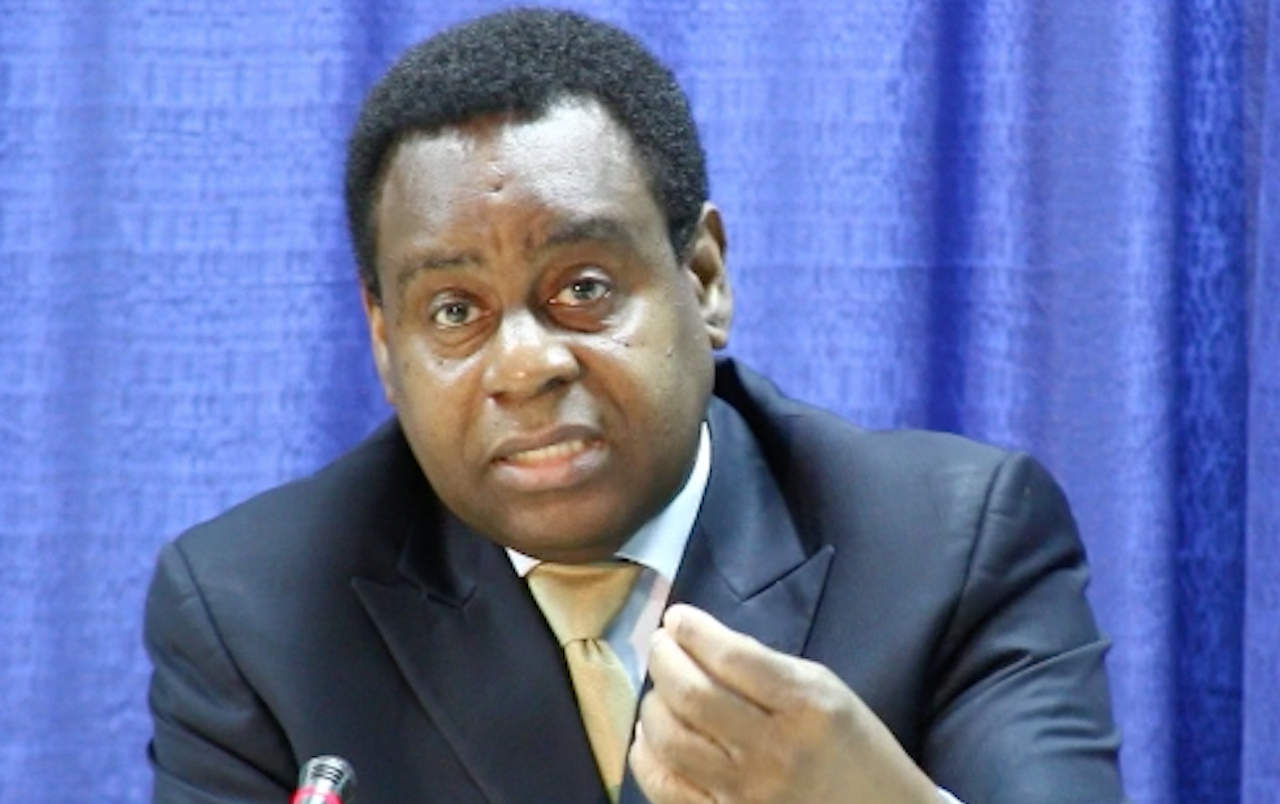Barbadians are continuing to save more despite the economic challenges, with domestic currency deposits reaching a record high of just over $12.4 billion at the end of June, according to the latest Central Bank report.
However, more people defaulted on their mortgage payments and financial institutions tightened lending criteria and focused new lending on supporting existing clients.
The Central Bank report noted that domestic currency deposits increased by some 5.1 per cent in January to June this year, to reach $12.5 billion, up from just over $11.9 billion for the same period last year. The total domestic currency deposit for the review period represents a 1.7 per cent increase over the $12.3 billion for all of 2020. Domestic currency deposits averaged just over $11 billion between 2017 and 2019.
Meanwhile, foreign currency deposits totalled $713.1 million for the review period, compared to $774.7 million at the end of June 2020, which represented an 8.6 per cent increase. This also means that foreign currency deposits for the first half of this year outgrew the $693 million for 2020.
Delivering his economic review recently, Governor of the Central Bank of Barbados Cleviston Haynes noted that the climb in domestic currency deposits was due to the “combined effect of Government’s fiscal stimulus and higher personal savings by individuals”.
The increase in foreign currency balances, he said, reflected growth in balances of the personal and non-financial business sector.
“The expansion of foreign currency deposits of these corporations was driven by activity in the legal services and purchases of luxury properties in the real estate sector,” Haynes explained.
However, while savings continued to rise, so did non-performing loans, raising the credit risks in the banking system.
Haynes gave the assurance, however, that the financial system remained stable, with “manageable” credit risks.
“During the January to June period this year, deposit-taking institutions remained highly liquid and well capitalized, with buffers well in excess of the statutory requirements. In addition, profitability for banks improved mainly as a result of lower provision expenses compared to the prior year when financial institutions raised provisions as a precaution against COVID-19-related credit losses. Interest rates remained at historically low levels,” the Central Bank Governor reported.
During the review period, it was noted that activity in the credit market remained weak as financial institutions, which were confronted by uncertain economic conditions, tightened their lending criteria and focused new lending on existing clients.
Haynes pointed out that the moratoria programmes that dominated 2020, as a result of the COVID-19 pandemic which resulted in major job losses, have largely come to an end. However, he said, some borrowers, mainly in the hotel and restaurant sectors, continued to benefit from extended moratoria arrangements.
The Central Bank Governor has urged individual borrowers to speak with their financial institutions if they continue to face hardship and have difficulty repaying their loans.
“I would encourage persons, if that is their situation, to have a word with their bank and indicate the challenges they may be facing and discuss how their situation can be ameliorated,” he said.
“Generally, all institutions are offering their customers a menu of assistance via restructuring, debt consolidation, refinancing of loans and case-by-case extensions of moratoria. Several borrowers have consolidated and restructured their outstanding loans to make repayment plans more manageable in the face of lower income.”
Non-performing loans as a percentage of total loans trended upwards during the review period, largely due to the increased classification of loans to the tourism, real estate and personal sectors.
While mortgage-related non-performing loans registered a modest increase during the period, driven by personal mortgages, these remained below the levels for the corresponding period of 2020, partly due to recoveries.
Meanwhile, credit to the non-financial private sector by deposit-taking institutions contracted by 1.1 per cent during the first half of the year.
Haynes said this decline was driven largely by a reduction in loan balances of individuals which outweighed loan growth to utilities and other sectors.
“The decline in lending to individuals was driven by mortgages and credit cards, which accounted for more than half of the overall reduction for the sector,” he said.
The Central Bank is expected to release the 2020 Financial Stability Report in the coming weeks. This is expected to shed more light on the health of the local banking system.




